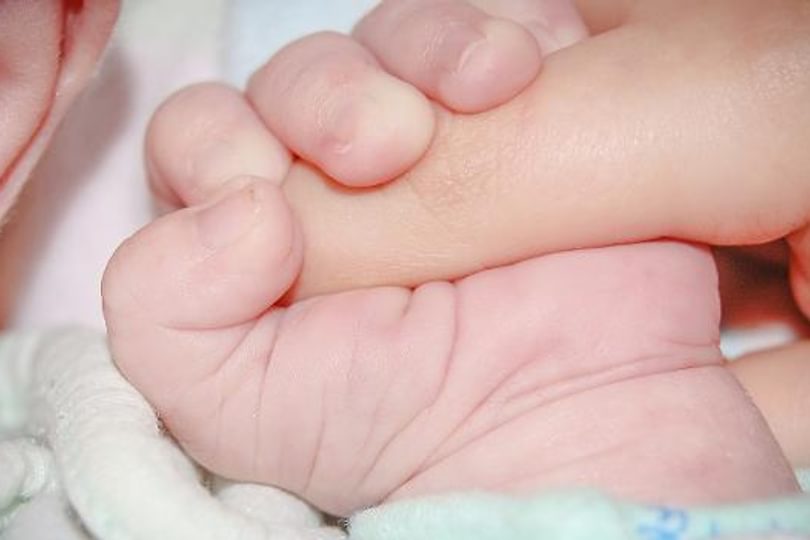
Tomas Sobotka of the Wittgenstein Centre for Demography and Global Human Capital will speak on fertility trends in Europe.
Please note that this event is taking place in-person at the Oxford Martin School and online via Zoom. You will need to register to attend in-person or you can join online via Zoom. Please register 12 hours before the seminar.
To attend in-person: https://www.eventbrite.co.uk/e...
To attend online via Zoom: http://https//us02web.zoom.us/j/86930072845?pwd=emFXZllCS3RJYzRvUFIvRlM4RStJQT09
This event is organised by the Oxford Institute of Population Ageing

Dr Tomas Sobotka
Wittgenstein Centre for Demography and Global Human Capital
Tomas leads the VID research group on Comparative European Demography.
He received his PhD in Demography from the Population Research Centre, University of Groningen (the Netherlands) in 2004. In 2005-10 he was managing editor of the Vienna Yearbook of Population Research and in 2012-17 he was the principal investigator of the ERC-funded research project EURREP (Fertility and Reproduction in 21st Century Europe, www.eurrep.org ). In February 2017 he received the “Allianz European Demographer Award”. Currently he is a member of the European Association for Population Studies (EAPS) Council.
T. Sobotka studies a broad range of topics related to fertility and family changes, including childlessness, fertility measurement, fertility intentions and assisted reproduction, as well as migration and population trends in Europe. He has initiated the Cohort Fertility and Education (CFE) database (www.cfe-database.org ) and together with Joshua Goldstein and Vladimir Shkolnikov (MPIDR, Rostock) he has initiated the Human Fertility Database (http://www.humanfertility.org ).
Keep in touch
If you found this page useful, sign up to our monthly digest of the latest news and events
Subscribe